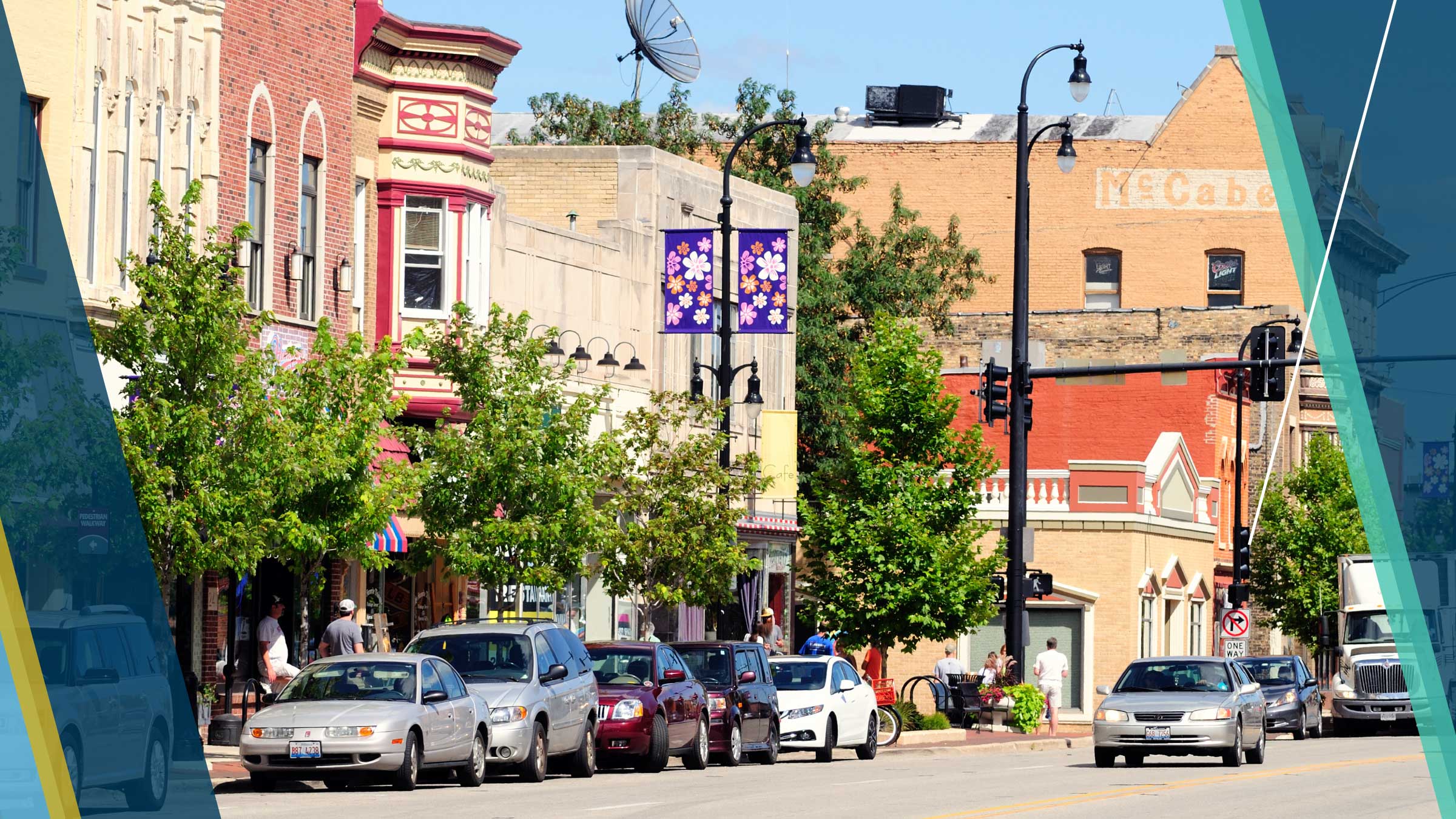The chasm between journalism and economics grows daily, it sometimes seems, as economists scorn the superficial treatment given their complex research and reporters rue the inability of economists to say anything simple and definitive. Bridging that gap is the goal of Supply, Demand & Deadlines, the annual economics workshop for journalists organized by the University of Minnesota's School of Journalism and the Minneapolis Fed.
This year, for the second time, SD&D was held near Washington, D.C., to better include journalists whose beat is national and international. More than 20 journalists attended the Oct. 15-17 workshop, from media outlets including the Wall Street Journal, the Washington Post, the Economist, NewsHour with Jim Lehrer, MarketWatch, Dow Jones and Reuters, among others.
The event began with an after-dinner talk by economics journalist David Warsh of economicprincipals.com. Warsh, a former Boston Globe reporter, spoke about the economics of knowledge, a story captured in his 2006 book Knowledge and the Wealth of Nations.
The next day began with a presentation by David Card of the University of California, Berkeley, on the economics of immigration. Card summarized his findings and highlighted the importance of careful empirical research rather than reliance on conventional wisdom. (See interview with Card.) In the afternoon, Matthew Slaughter of the President's Council of Economic Advisers spoke off the record about trade policy and the current account deficit. Both presentations were followed by reactions from journalist panels and question-and-answer sessions.
Matt Slaughter makes a point with Rich Miller, Bloomberg;
Greg Robb, MarketWatch; Kevin Hall, McClatchy Newspapers;
and Terry Jones, Investors Business Daily
The third day started with an off-the-record talk by Fed Chairman Ben Bernanke, again followed by questions and answers. Then University of Minnesota economist V. V. Chari, also of the Minneapolis Fed, spoke about fiscal policy. Gary Stern, Minneapolis Fed president, closed the workshop with a short review of some of the symposium's highlights.
Was the gap between economics and journalism closed? Narrowed perhaps, as journalists gained an appreciation for the science of economics, and economists practiced the art of communicating with the world beyond their profession.




